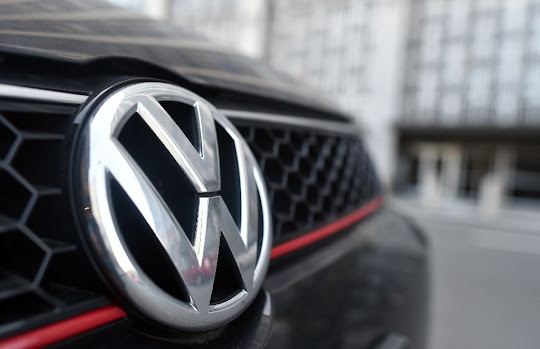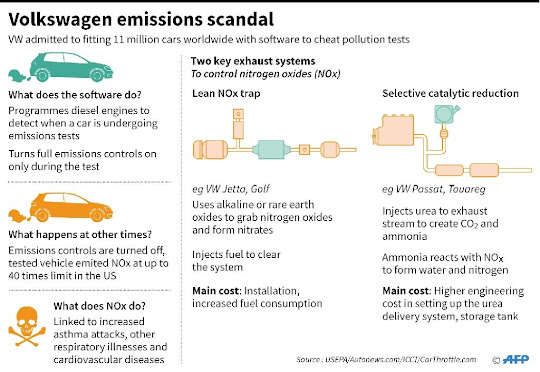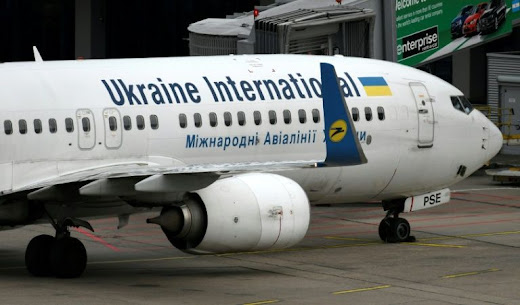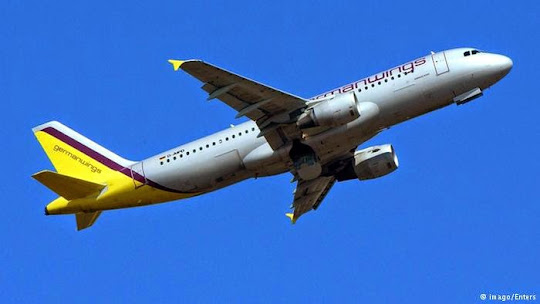 |
| Green Wings Soar Over Singapore |
Anoise from afar turns the heads of the sunglasses-wearing crowd standing along Changi Beach in Singapore. Within seconds, a dark green jet comes into view slitting the bright blue sky with precise loops and neck-craning turns.
After a few banks and a little more hotdogging, the pilot releases a trail of fuel and a wall of fire rips from the tail of the plane.
The crowd scrambles for their cameras in hope of capturing the moment.
The elongated flame is the signature of the Royal Australian Air Force’s F-111, which that country plans to retire this year. This is the F-111’s last “dump and burn” performance outside of Australia.
The aerial display is all part of the day’s festivities at the 2010 Singapore Airshow, a six-day event that ends on Sunday.
The first four days of the show were designated exclusively for trade attendees while this weekend’s activities are meant to wow the public.
From the Airbus A330-200F to the Bell 206, B-407 and B-429 helicopters, planes and choppers from almost 20 distributors are on display across 100,000 square meters just outside the Changi Exhibition Center.
Located along the east side of Changi International Airport, the air show brings together 250 delegations from close to 80 countries, including the air forces from the United States, Korea and Australia.
The event boasts some 820 exhibiting companies from over 40 countries. Exhibitioners vary from global aerospace companies to spare parts suppliers.
Tickets are $14 for adults and $6 for children 12 and under.
According to Jimmy Lau, the managing director of the air show, 85 percent of this year’s exhibitors were on hand for the air show’s first annual event in 2008. Meanwhile, the number of the pre-registered air show attendees has shot up from 8,000 in 2008 to 12,000 this year.
Lau said he was delighted with the positive response.
“This is definitely a good indication of the increasing confidence of major players as the industry slowly emerges from the recent downturn,” Lau said. He added that the air show would enable the industry to feel for a pulse of what would happen in the year ahead.
One of the new features of the 2010 air show is the Green Pavilion, where companies are showcasing the latest advances in environmentally friendly technology.
On the second day of the event, the International Air Transport Association kicked off the environmental exhibit at Changi International Airport by illustrating key elements bridging the environment and business, which included efforts to reduce emissions and increase fuel efficiency.
“Safety and environment are two first priorities in IATA,” said Giovanni Bisignani, chief executive of the association.
PT Garuda Indonesia, the nation’s flag carrier, led a initiative to sign a memorandum of understanding with the IATA. Bisignani said Garuda was the 15th airline to sign the memorandum.
One of the programs outlined in the agreement is a commitment to use biofuels.
Biofuels, produced from renewable resources like palm oil, are intended to reduce carbon emissions throughout the life cycle of the commercial planes.
The increased reliance on biofuels is anticipated to provide an estimated 80 percent reduction in aeriel emissions. Fuel is also one of the biggest operating costs for the aviation industry, which biofuels are meant to cut.
According to Emirsyah Satar, the president director of Garuda, the signing of the memorandum on Tuesday reinforced the company’s commitment to the environment.
“Regarding the MOU, we will start by replacing airplanes engines with the ones which are more environmental friendly,” Emirsyah said. “Garuda is the first airline in Indonesia to sign the MOU with IATA regarding the use of biofuels,”
The carrier also plans to offer passengers the option of reducing their carbon footprint when flying Garuda.
When asked whether the optional emission charge would deter thrifty Indonesian passengers, most of whom are still extremely price-conscious, Emirsyah said this was not the company’s only environmental initiative.
“This is not only our program to encourage passengers to care for the environment. We have also had the One Tree One Passenger policy in place for two years,” he said.
Meanwhile, the international community continues to make strides in environmental sustainability.
Plane manufactures around the world are continually pushing to create a “greener” aircraft.
Higher oil prices have driven manufacturers to produce more fuel-efficient planes because they will have to go green if they want to stand any chance in the market ,according to Kevin Smith, the head of marketing for Bombardier, a Canadian aircraft manufacturer that counts Japan Airlines, Qantas and Air New Zealand among its clients.
“In Europe, they have emission charges that you have to pay when the airplanes are not green,” Smith said. “This is to increase airlines to buy greener airplanes, it’s the whole environment issue, and it will go all over the world,”
Indonesia, Smith said, had the potential to be Southeast Asia’s biggest market. On Monday, Bombardier plans to visit Jakarta in hopes of securing new clients. “Indonesia’s economy is beginning to move,” said David Dixon, Bombardier’s vice president of sales for the Asia-Pacific region.
But air show attendants from Indonesia were looking for airlines to provide clear facts about the impact they were having on the environment.
“I personally care about environmental issues,” said Lina Purba, the director of Total Biz, an Indonesian aviation services company. “But there is no information about what makes an airplane green for the public or which local airplanes are environmental friendly.”
When Lina chooses a flight, she doesn’t book her ticket based on biofuels or a more environmentally friendly airline, but she strongly suggests that the general public be given more information about what airlines are doing to protect the environment.
Most Indonesians are generally more focused on finding the cheapest ticket, not environmental issues said Mahmudin Angkasa, who works for an aviation contracting and supply firm in Indonesia.
“For me, safety is the most important factor,” said Mahmudin, referring to rash of plane crashes Indonesia has experienced due to old and outdated planes being put in the air without taking the proper safety precautions.
Mahmudin doesn’t think that the local aviation business is ready to pay attention to the environment, but said any focus Indonesia puts on the issue is an improvement.
“At least, now the government has started to certify and try to maintain the airplanes,” he said.
For more information, please visit www.singaporeairshow.com.














